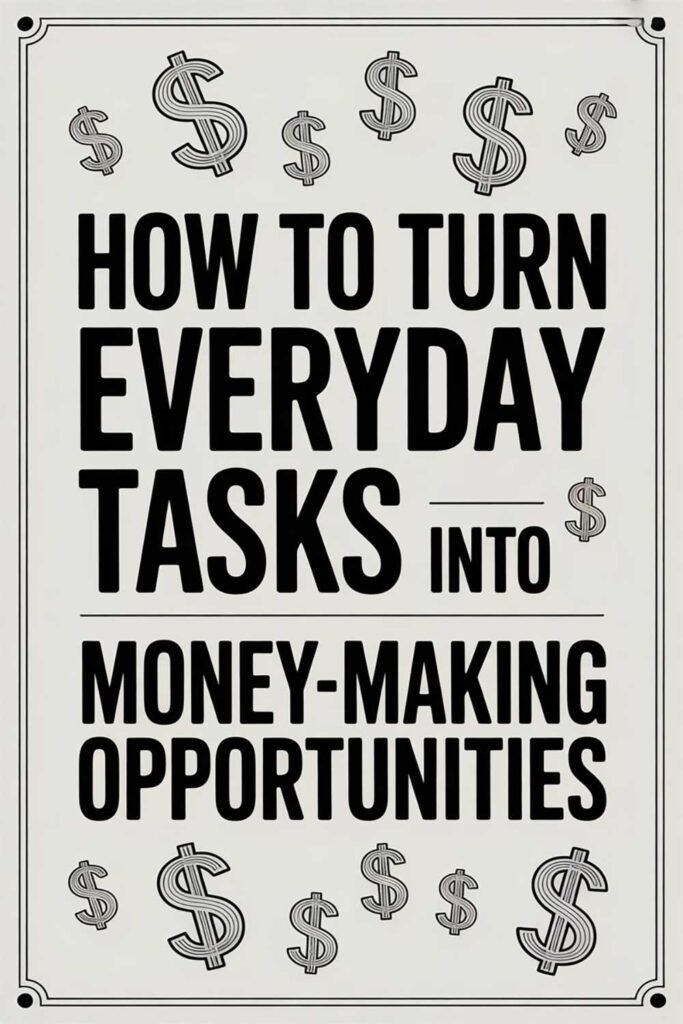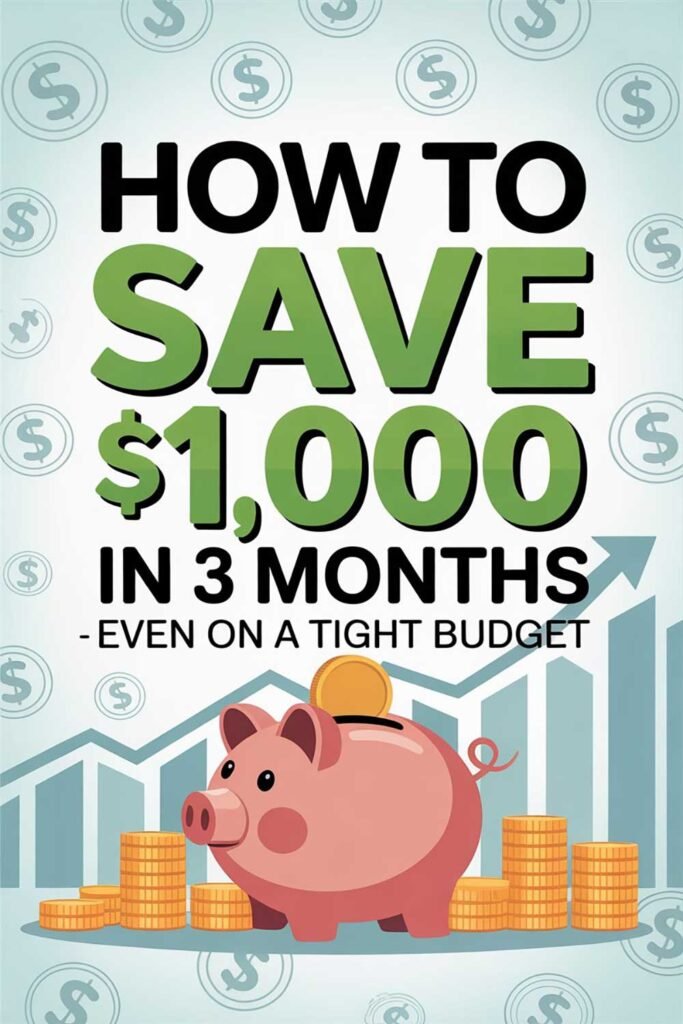13 Ways to Reduce Monthly Expenses Without Feeling Deprived
Living on a budget doesn’t mean sacrificing joy, comfort, or the little luxuries that make life enjoyable. In fact, some of the most effective ways to cut expenses can leave you feeling even more empowered and less stressed—without feeling like you’re constantly missing out. Whether you’re trying to save for a goal, pay off debt, or simply gain better control of your finances, these 13 strategies can help you lower your monthly spending without that dreaded feeling of deprivation.

1. Audit Your Subscriptions Ruthlessly
Most people underestimate how much they’re spending on monthly subscriptions. From streaming services to forgotten app charges, these small fees add up.
Real-Life Example:
Jessica, a 35-year-old graphic designer from Oregon, did a subscription audit using a budgeting app. She found she was spending over $150 a month on subscriptions, including five streaming services and a meditation app she hadn’t used in months. After cutting them down to just two services she actually used, she saved $100 a month instantly.
2. Meal Plan and Grocery Shop with Purpose
Planning meals and making a grocery list around what’s already in your pantry can drastically reduce food waste and impulse spending.
Real-Life Example:
A couple in Florida began meal planning on Sundays and only shopping once per week. They switched from spending $1,200 a month on groceries and takeout to $700, without sacrificing their favorite meals.
3. Cut Utility Bills by Going Energy-Efficient
Swap out old lightbulbs for LED ones, unplug devices when not in use, and lower your thermostat by a couple of degrees.
Real-Life Example:
Steve, a father of three in Minnesota, installed a smart thermostat and insulated his attic. His electric bill dropped by 20% during the winter months.
4. Negotiate Your Bills
Don’t be afraid to call your phone, internet, or insurance providers and ask for discounts. You might be surprised at what they’re willing to do to keep your business.
Real-Life Example:
Maria called her cable provider and asked about promotional packages. Just by asking, she was given a $30/month discount for the next year.
5. Use Cashback and Rebate Apps
Apps like Rakuten, Ibotta, or Fetch Rewards offer cash back for everyday purchases like groceries, clothes, and household items.
Real-Life Example:
Thomas uses Ibotta for his weekly grocery runs and averages $40/month in cashback, which he saves for holiday shopping.
6. Embrace the 48-Hour Rule for Purchases
Impulse purchases add up quickly. Wait 48 hours before buying non-essential items—chances are, the desire will pass.
Real-Life Example:
Lena started applying the 48-hour rule and found she no longer felt the urge to buy new decor or clothes unless they were truly needed.
7. Buy Generic or Store Brands
Store-brand items are often made by the same manufacturers as name-brand ones, just without the premium label.
Real-Life Example:
Rachel swapped her pantry staples—rice, pasta, canned goods—for store brands and saved around $60 per grocery trip.
8. Cancel Gym Memberships You Don’t Use
If you’re not hitting the gym regularly, consider free home workouts or outdoor activities like hiking or biking.
Real-Life Example:
After realizing she hadn’t gone to the gym in three months, April canceled her $50/month membership and switched to YouTube fitness videos.
9. Do-It-Yourself More Often
From home repairs to beauty treatments, DIY can save hundreds each month.
Real-Life Example:
Brian started cutting his own hair with a $30 clipper set. After a year, he estimated savings of over $300.
10. Limit Takeout to Special Occasions
Cooking at home doesn’t have to be boring. Make it an experience by trying new recipes and enjoying a themed dinner night.
Real-Life Example:
The Johnson family turned Friday nights into “homemade pizza night,” replacing their $60 takeout habit with a fun family tradition costing under $15.
11. Drive Less and Bundle Errands
Gas prices aren’t cheap. Combine trips and carpool when possible to reduce fuel costs.
Real-Life Example:
Eric planned his weekly errands in a loop instead of random daily trips. He reduced his fuel consumption by a third.
12. Refinance or Pay Down High-Interest Debt
High-interest debt can cost you hundreds in interest each month. Look into refinancing or transferring to a lower-rate card.
Real-Life Example:
Tanya refinanced her car loan from 11% interest to 5%. That change alone saved her $85 a month.
13. Join Local Buy Nothing or Community Swap Groups
You can often find everything from furniture to kids’ toys for free.
Real-Life Example:
Sarah joined a Buy Nothing group on Facebook and furnished her guest room entirely for free.
🌟 Inspirational Quotes About Smart Spending & Simple Living
- “Do not save what is left after spending, but spend what is left after saving.” – Warren Buffett
- “The cost of a thing is the amount of what I will call life which is required to be exchanged for it.” – Henry David Thoreau
- “Too many people spend money they haven’t earned, to buy things they don’t want, to impress people they don’t like.” – Will Rogers
- “A penny saved is a penny earned.” – Benjamin Franklin
- “Frugality includes all the other virtues.” – Cicero
- “You must gain control over your money or the lack of it will forever control you.” – Dave Ramsey
- “It’s not your salary that makes you rich, it’s your spending habits.” – Charles A. Jaffe
- “Beware of little expenses. A small leak will sink a great ship.” – Benjamin Franklin
- “Living on less doesn’t mean you’re poor. It means you’re in control.” – Unknown
- “Minimalism is not about having less. It’s about making room for more of what matters.” – Unknown
- “Saving is a great habit, but without investing, it just sleeps.” – Manoj Arora
- “The quickest way to double your money is to fold it in half and put it in your back pocket.” – Will Rogers
- “Spend smarter, not harder.” – Unknown
- “Cutting expenses is the first step to building wealth.” – Suze Orman
- “Money looks better in the bank than on your feet.” – Sophia Amoruso
- “You can’t buy happiness, but you can save money—and that’s kind of the same thing.” – Unknown
- “You don’t need more money. You need better habits.” – Unknown
- “Waste neither time nor money, but make the best use of both.” – Benjamin Franklin
- “Being frugal isn’t about giving up things you love. It’s about being intentional.” – Unknown
- “Freedom is not about having more. It’s about needing less.” – Unknown
🧠 Picture This
Imagine waking up without the stress of living paycheck to paycheck. You open your bank app and see a growing savings account. You feel light, in control, and proud of the smart changes you’ve made—not because you gave up everything you loved, but because you chose what truly matters.
You still enjoy life’s little pleasures—your morning coffee, a night out here and there, a cozy home—but now they bring joy instead of guilt. You’ve proven that living well isn’t about spending more—it’s about choosing better.
What will your new, stress-free financial story look like?
📢 Please Share This Article
If this article helped you or gave you new ideas, please share it with someone else who might benefit. Whether it’s a friend, a coworker, or a family member—help someone else take the first step toward financial freedom.
⚠️ Disclaimer
This article is for informational purposes only and reflects personal experiences and general strategies. Individual results may vary. Always consult a financial advisor or conduct your own research before making financial decisions. We are not responsible for any actions taken based on this content.






